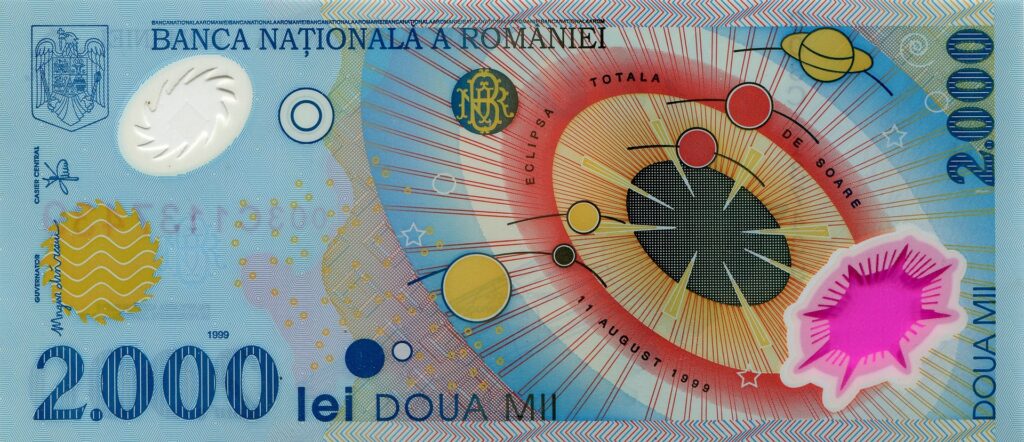Negotiated transactions are not necessarily market conform. Update on Temporary Framework: Number of approved and published covid-19 measures, as of 9 October 2020: 295* Legal basis: Article 107(2)(b): 32; Article 107(3)(b): 248; Article 107(3)(c): 23 – Average number of measures per Member State: 10.5 – Median number of measures per Member State: 12 – Mode number of measures per Member […]
State Aid Law
Blog
State Aid Uncovered Blog
In Lexxion’s State Aid Uncovered blog, Prof. Phedon Nicolaides publishes weekly critical analyses of recent State aid judgments and decisions. Each post presents the key points of a court judgment or EU Commission decision, places it in the context of similar case law or practice, assesses the underlying reasoning and highlights any inconsistencies or contradictions.
Guest contributions from other State aid experts will also be published on the blog at irregular intervals to complement the content of the blog posts.
- Directive 2014/59 ×
13. October 2020 |
State Aid Uncovered
by Phedon Nicolaides
18. August 2020 |
State Aid Uncovered
by Phedon Nicolaides
An investor who is already a shareholder would take into account not only the return on new investment but also the impact on the overall profitability of the company in which capital is injected. Update on Temporary Framework: Number of approved and published covid-19 measures, as of 14 August 2020: 252* Legal basis: Article 107(2)(b): 27; Article 107(3)(b): 211; Article […]
20. March 2020 |
State Aid Uncovered
by Phedon Nicolaides
Member States will be allowed to provide grants, guarantees and loans to companies to alleviate the effects of the corona virus. Introduction At the end of 2009, the European Commission adopted a Temporary Framework of State aid rules to enable Member States to support companies that were harmed by the outbreak of the financial crisis in 2008. Now, the corona […]
21. March 2017 |
State Aid Uncovered
by Phedon Nicolaides
State aid may be granted to solvent banks which face temporary liquidity difficulties. Introduction State aid rules have their own logic and are applied independently of other policy areas. However, in certain situations, the Commission enforces State aid rules in conjunction with linked provisions in other fields. A typical example is taxes levied on agricultural products to raise revenue […]
- Directive 2014/59 ×
13. October 2020 |
State Aid Uncovered
by Phedon Nicolaides
Negotiated transactions are not necessarily market conform. Update on Temporary Framework: Number of approved and published covid-19 measures, as of 9 October 2020: 295* Legal basis: Article 107(2)(b): 32; Article 107(3)(b): 248; Article 107(3)(c): 23 – Average number of measures per Member State: 10.5 – Median number of measures per Member State: 12 – Mode number of measures per Member […]
18. August 2020 |
State Aid Uncovered
by Phedon Nicolaides
An investor who is already a shareholder would take into account not only the return on new investment but also the impact on the overall profitability of the company in which capital is injected. Update on Temporary Framework: Number of approved and published covid-19 measures, as of 14 August 2020: 252* Legal basis: Article 107(2)(b): 27; Article 107(3)(b): 211; Article […]
20. March 2020 |
State Aid Uncovered
by Phedon Nicolaides
Member States will be allowed to provide grants, guarantees and loans to companies to alleviate the effects of the corona virus. Introduction At the end of 2009, the European Commission adopted a Temporary Framework of State aid rules to enable Member States to support companies that were harmed by the outbreak of the financial crisis in 2008. Now, the corona […]
21. March 2017 |
State Aid Uncovered
by Phedon Nicolaides
State aid may be granted to solvent banks which face temporary liquidity difficulties. Introduction State aid rules have their own logic and are applied independently of other policy areas. However, in certain situations, the Commission enforces State aid rules in conjunction with linked provisions in other fields. A typical example is taxes levied on agricultural products to raise revenue […]
- Directive 2014/59 ×
13. October 2020 |
State Aid Uncovered
by Phedon Nicolaides
Negotiated transactions are not necessarily market conform. Update on Temporary Framework: Number of approved and published covid-19 measures, as of 9 October 2020: 295* Legal basis: Article 107(2)(b): 32; Article 107(3)(b): 248; Article 107(3)(c): 23 – Average number of measures per Member State: 10.5 – Median number of measures per Member State: 12 – Mode number of measures per Member […]
18. August 2020 |
State Aid Uncovered
by Phedon Nicolaides
An investor who is already a shareholder would take into account not only the return on new investment but also the impact on the overall profitability of the company in which capital is injected. Update on Temporary Framework: Number of approved and published covid-19 measures, as of 14 August 2020: 252* Legal basis: Article 107(2)(b): 27; Article 107(3)(b): 211; Article […]
20. March 2020 |
State Aid Uncovered
by Phedon Nicolaides
Member States will be allowed to provide grants, guarantees and loans to companies to alleviate the effects of the corona virus. Introduction At the end of 2009, the European Commission adopted a Temporary Framework of State aid rules to enable Member States to support companies that were harmed by the outbreak of the financial crisis in 2008. Now, the corona […]
21. March 2017 |
State Aid Uncovered
by Phedon Nicolaides
State aid may be granted to solvent banks which face temporary liquidity difficulties. Introduction State aid rules have their own logic and are applied independently of other policy areas. However, in certain situations, the Commission enforces State aid rules in conjunction with linked provisions in other fields. A typical example is taxes levied on agricultural products to raise revenue […]







